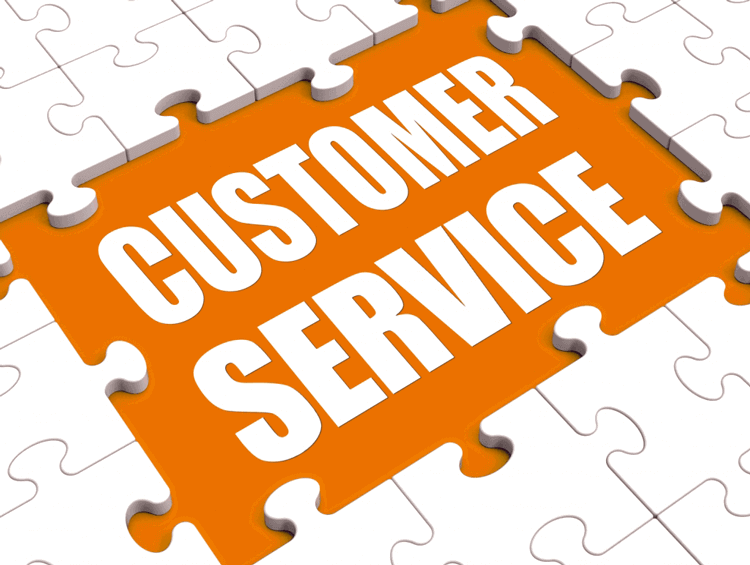Case Studies in CSR: Unilever
Typically, when people think about sustainability in the realm of Corporate Social Responsibility (CSR), they think about the specific activities of companies, such as conservation of natural resources and the integration of alternative energy in buildings and factories.
Some companies, however, take sustainability a step further in their CSR efforts. Unilever, a British-Dutch multinational consumer goods company, focuses not only on the specific activities of their company, but also the supply chain that supports it, as well as the activities of its customers and consumers. This effort to go above and beyond the norm by making sustainable living commonplace is why Unilever is widely regarded as one of the few truly sustainable businesses in the world.
As one of the world's leading suppliers of fast moving consumer goods with operations in over 100 countries and sales in 190, Unilever's sheer size enables it to make an enormous positive impact on both society and the environment. The company's groundbreaking, 10-year Sustainable Living Plan is perhaps its greatest CSR success so far and exemplifies how businesses can reduce environmental impact for the long-term and on a large-scale, while also maintaining sales growth.
The Sustainable Living Plan, which launched in 2010, includes three overarching goals, which Unilever has pledged to achieve by the year 2020: (1) improving the health and well-being of the company's customers and consumers, (2) reducing the company's overall environmental impact, and (3) enhancing the livelihoods of millions of people around the globe. In addition to these three goals, the company hopes to double the size of its business.
Five years into the ambitious plan, Unilever is on track to meet most of its green goals and has made admirable progress in improving the livelihood, health, and well being of others. More than 55% of Unilever's agricultural raw materials are now sustainably sourced, which is more than halfway to the 2020 target of 100%. The company is also making significant reductions in CO2 from energy and water in manufacturing, reducing them by 37% and 32% per ton of production respectively since 2008. Unilever has even achieved one its green goals ahead of schedule: zero non-hazardous waste to landfill. It has also managed to reach over 397 million people with programs on hand washing, safe drinking water, sanitation, oral health and self-esteem.
In addition, the business case for Unilever's progress couldn't be clearer: the plan accounted for half of the company's growth in 2014 and grew at twice the rate of the rest of the business, according to the company's chief executive, Paul Polman.
In a world of growing rising population, and increasing environmental challenges, the need for businesses to go above and beyond in CSR is evident, as are the benefits and opportunities. This calls for a transformational approach, like that of Unilever, to the way corporations think about sustainability.





